
Exciting new series on “Voice, Body and Movement for Lawyers – How to connect with the jury and find Justice Through Dramatic Technique!”
Click here to find out more
Part 2 of 2 - Virtually every performance coach will agree that memorized text should be spoken in a way that makes the listener feel that the thoughts are coming to the speaker in the moment and that he is speaking them for the first time, as if they are freshly-minted. After all, this is how we speak in real life. Thus, we aim for spontaneity as opposed to a monotone or pre-planned delivery that wrings the meaning out of the words and that makes them sound as if they are being recited verbatim off of a page such as when a flight attendant makes the obligatory “evacuation” speech before takeoff.
Why is this relevant for trial lawyers? Reading off of a page is not an option for trial lawyers. Instead, trial lawyers must memorize their opening statements and closing arguments in the same way that actors memorize their lines so that the jury becomes the entire focus of their attention. The danger posed by a notepad or worse yet, an electronic device is that they are distracting to the jury and they continuously beckon for the attorney’s eyes. The attorney who so obliges will begin to look down instead of into the eyes of the jury, thus breaking eye contact during the most formidable stage of the trial and losing the human connection that is so vital for building rapport with the jury.
In this way, these objects create a “barrier” or “wedge” between you and the jury. In the overall scheme of things, you risk squandering one of the few opportunities that you have during a trial to “break the fourth wall” and to address the jury directly.
What follows is a more expansive investigation into discovering the hidden “treasures” that lie within your speech. This is what I have learned from many different instructors that I have worked with over the years and that I continue to rely upon when I am in the “rehearsal stage” of a new play or when I am preparing for a trial. These concrete tools are designed specifically to enhance the delivery of your opening statement and closing argument. I’ve also included a number of exercises.
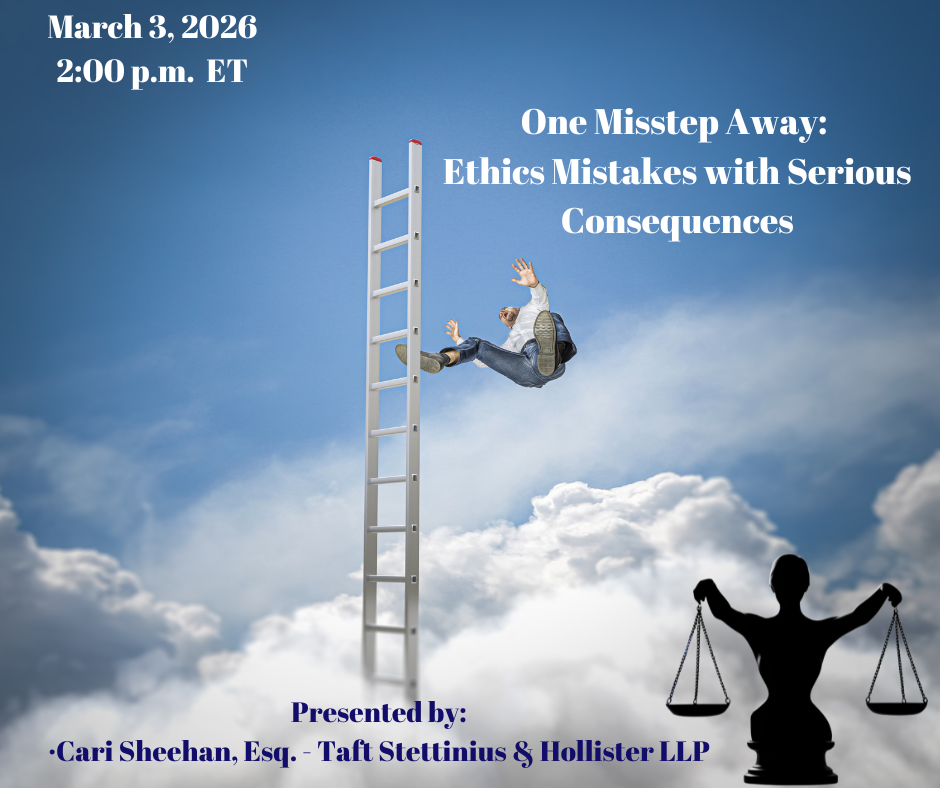
This ethics program examines common, but often avoidable, professional responsibility mistakes that ...
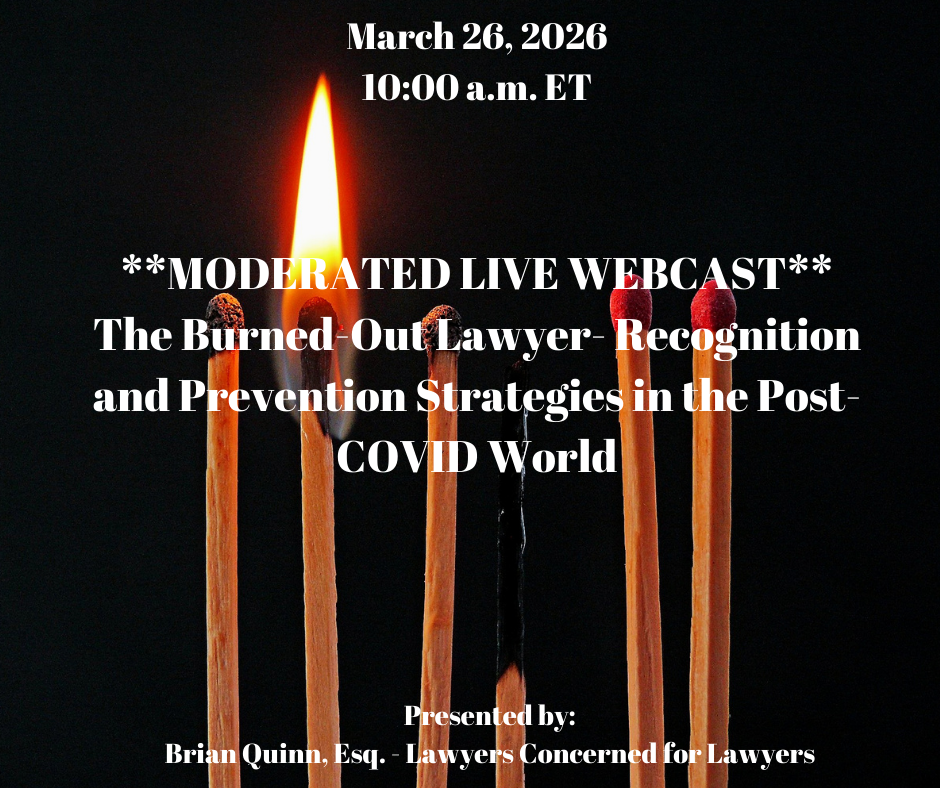
If there is one word we heard during our journey through the pandemic and continue to hear more than...
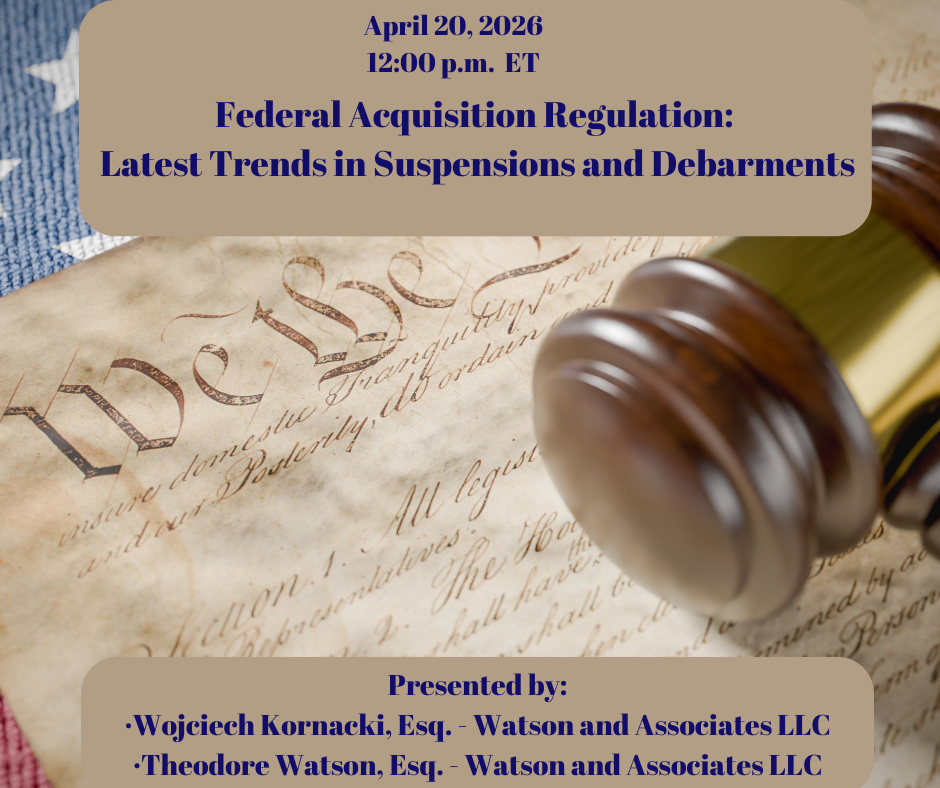
Learn about the latest trends in Federal Suspension and Debarments. This presentation will assist yo...
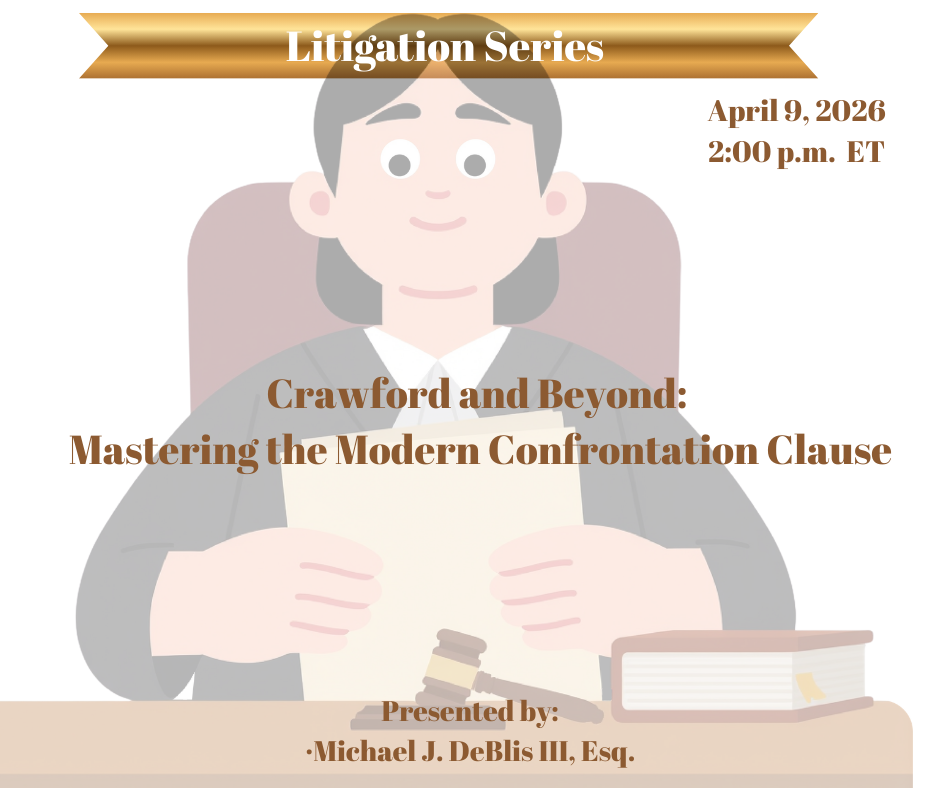
This program provides a comprehensive analysis of the Sixth Amendment Confrontation Clause as reshap...
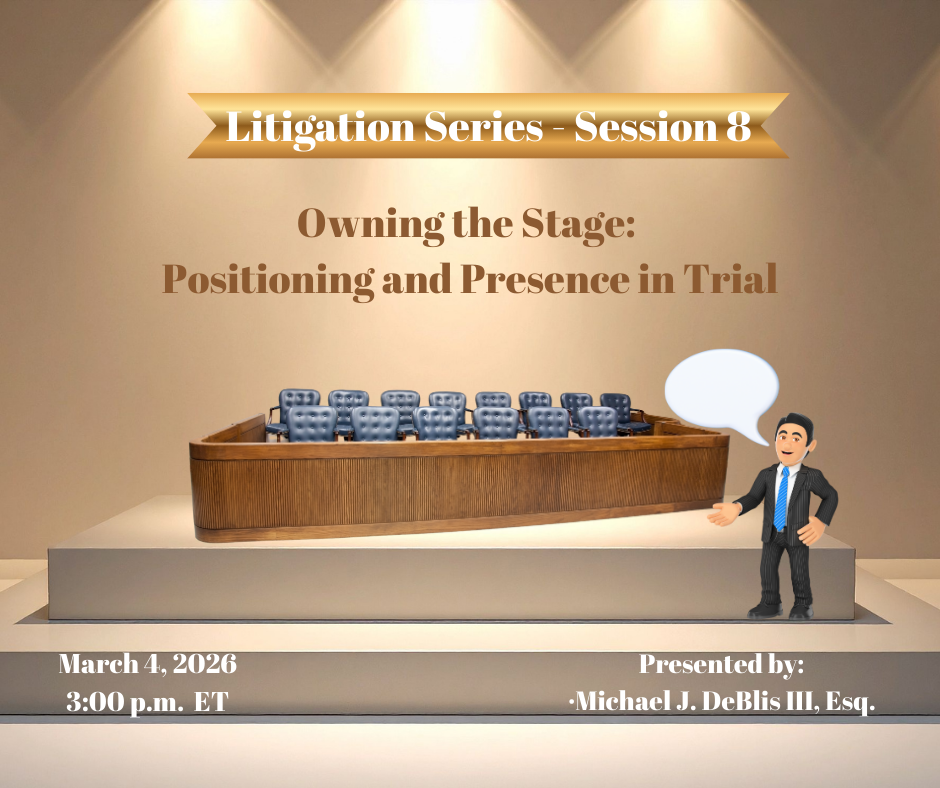
This presentation explores courtroom staging—how movement, spatial awareness, posture, and pre...
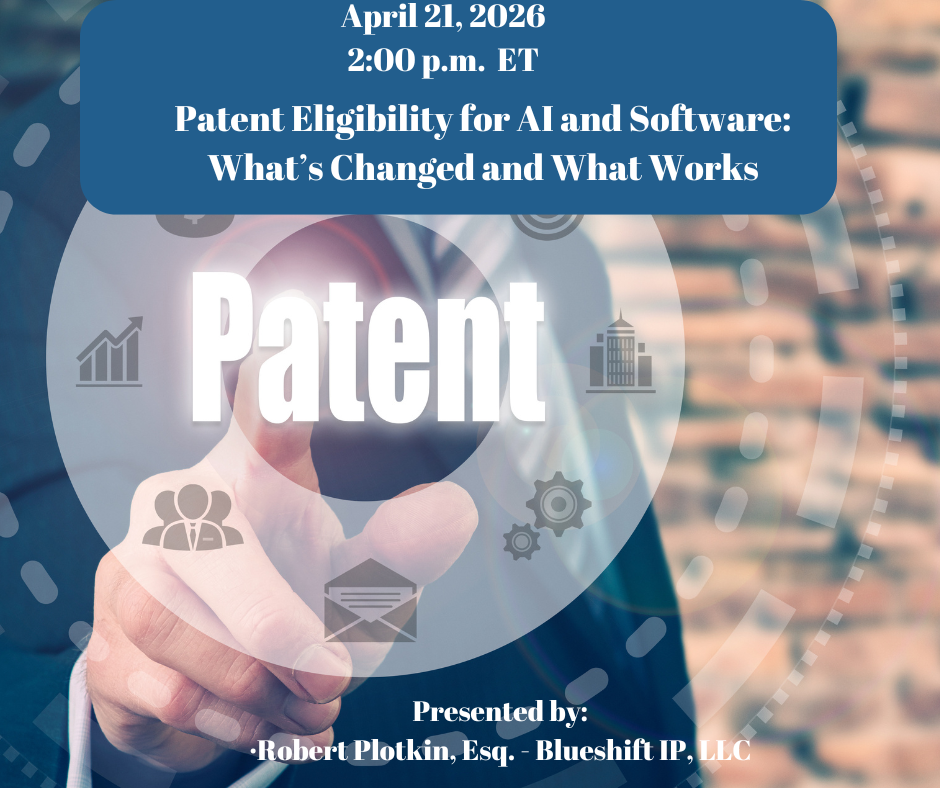
This program examines critical 2025-2026 developments in patent eligibility for software and AI inve...
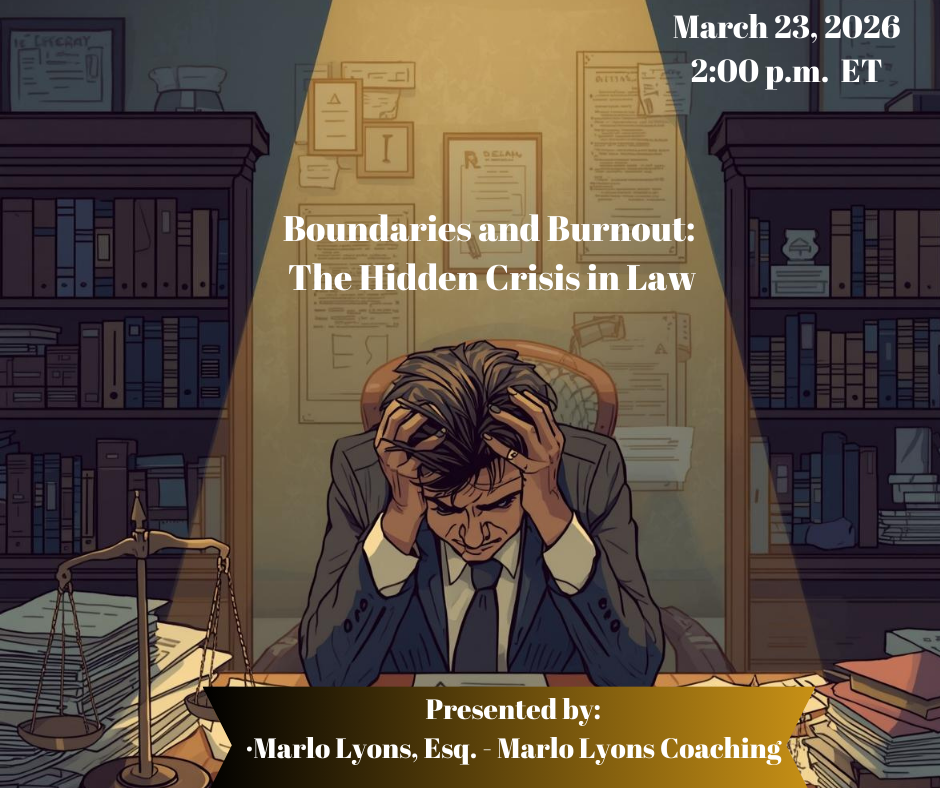
Boundaries and Burnout: The Hidden Crisis in Law is a 60-minute California MCLE Competence Credit pr...
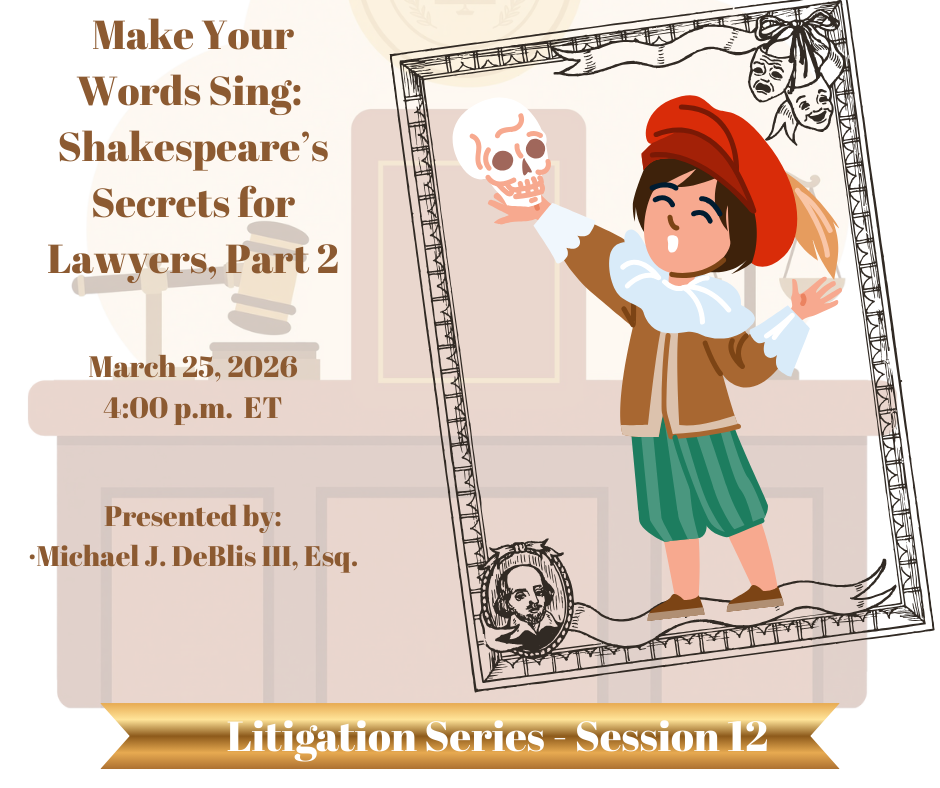
This companion program to Part 1 goes deeper into the rhetorical power of Shakespeare, emphasizing h...
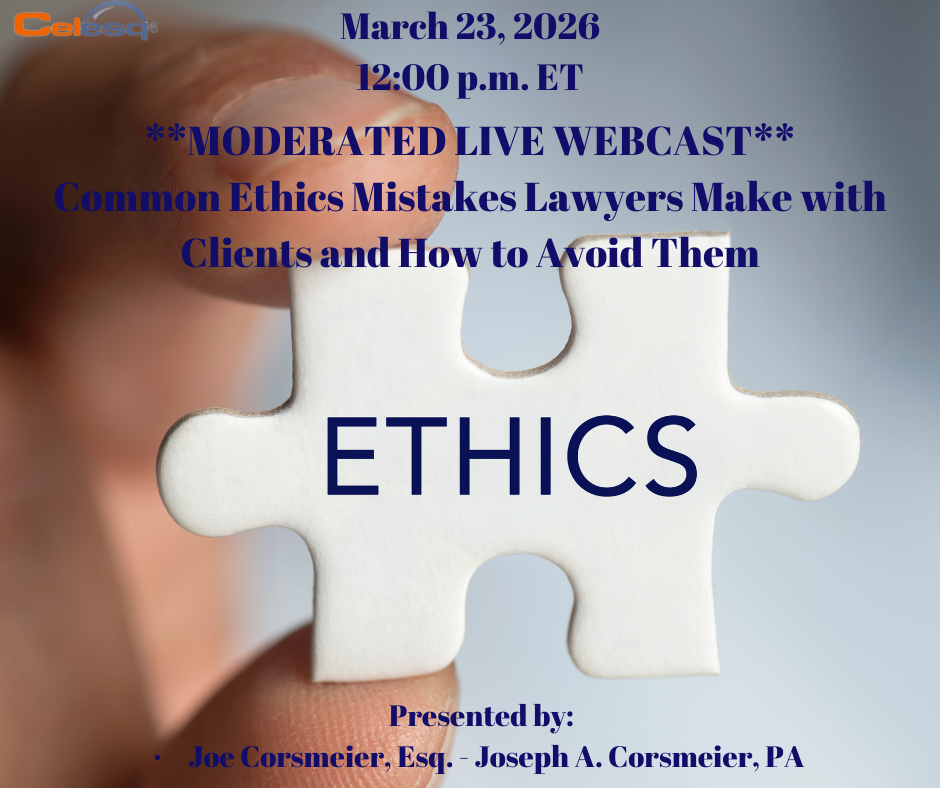
Many lawyers may not fully understand the Bar rules and ethical considerations regarding client repr...
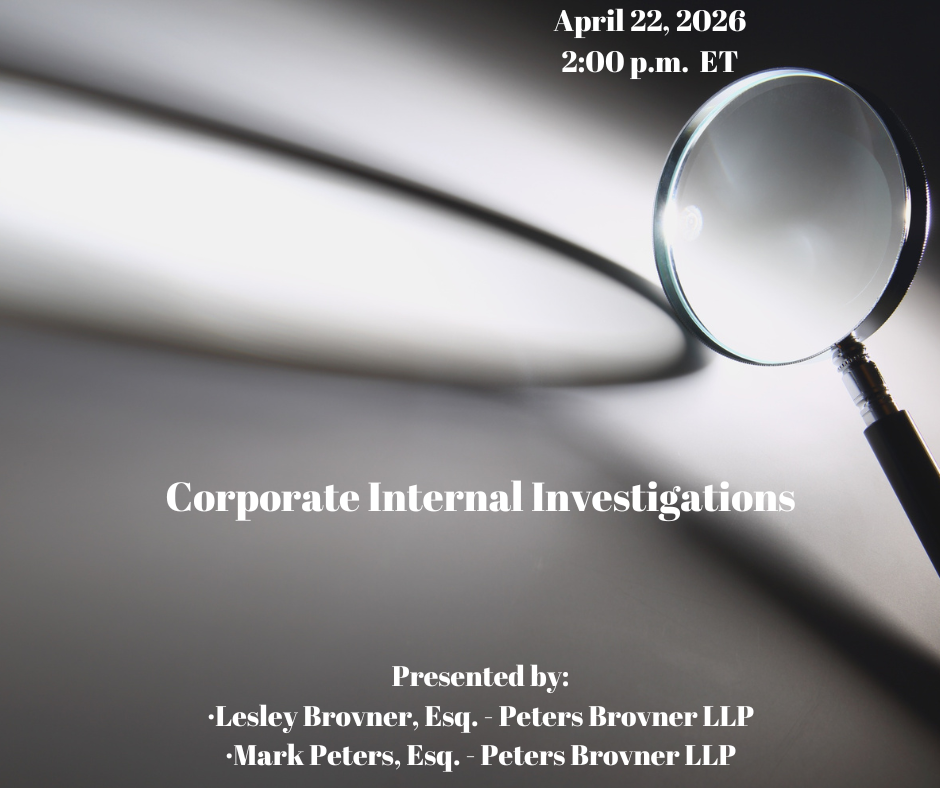
The CLE will cover the Ins and Outs of Internal Corporate Investigations, including: Back...